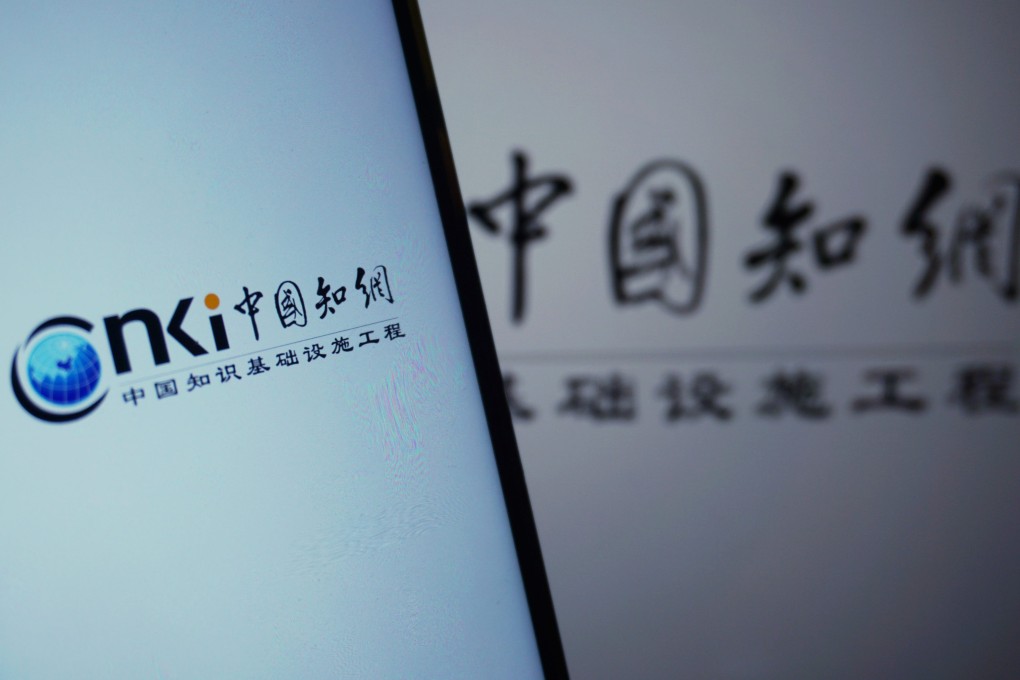China’s largest academic paper database CNKI opens some services to individuals after Beijing’s antitrust probe
- China National Knowledge Infrastructure is giving individuals access to its plagiarism-checking service after Beijing launched an antitrust probe in May
- CNKI has long been the subject of controversy because of its dominant position in distributing published research, causing some big institutions to cut ties

China’s top academic paper database is opening some services to individual users such as students and academic professionals a month after its outsized influence over digital academic resources brought it under antitrust scrutiny.
CNKI’s evolution from a quasi-public service into a monopolised for-profit business is one of the most eye-popping stories about blurring lines between commercial and public interest. Until 2019, CNKI was operated by Shanghai-listed Tsinghua Tongfang, the commercial arm of Tsinghua University. After Tsinghua divested Tongfang at state direction, CNKI became a unit of China National Nuclear Corp.
“CNKI only provided plagiarism-checking services for institutions in the past, neglecting the practical needs of numerous individual users, such as self-inspection and tracking new academic developments, which objectively led to a black market and high prices,” the company said in a statement.
For individual users, CNKI now charges 1.5 yuan (22 US cents) per thousand Chinese characters for plagiarism detection, “no higher than other mainstream products”, the company said. The 15 yuan it takes to check a 10,000-character paper is roughly the price of a bowl of noodles in China.
CNKI also now allows graduate students with institutional access to check a paper three times for free, double what it offered before.
Chinese university students typically use CNKI for both academic references and to inspect their own work for plagiarism. To ensure works meet the requirements for graduation, most universities also check papers using CNKI, the most commonly used service for checking plagiarism in China.